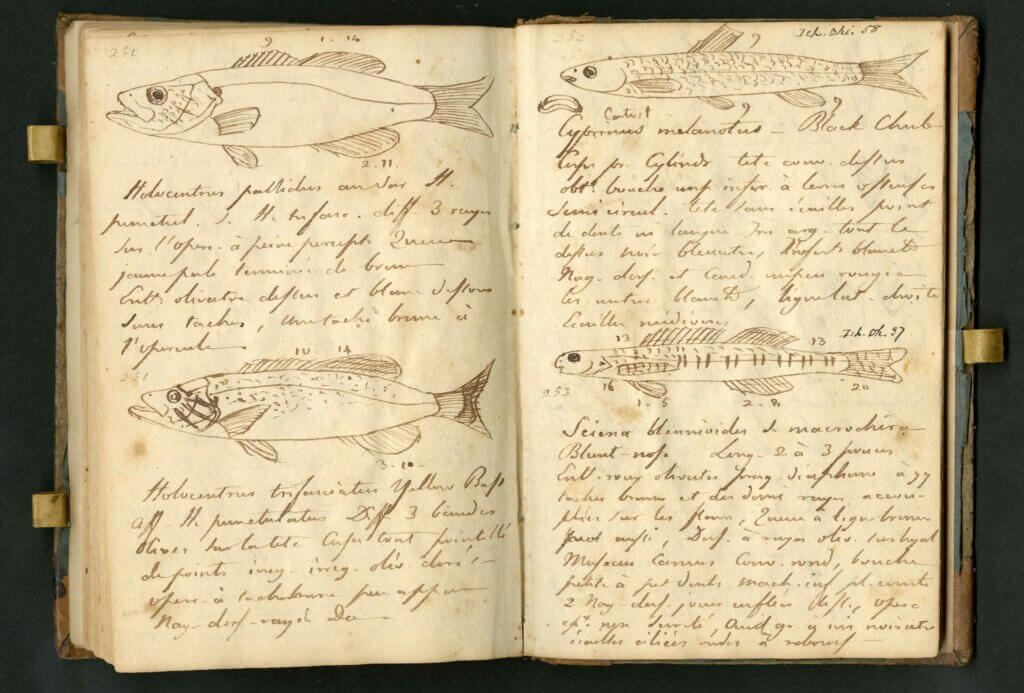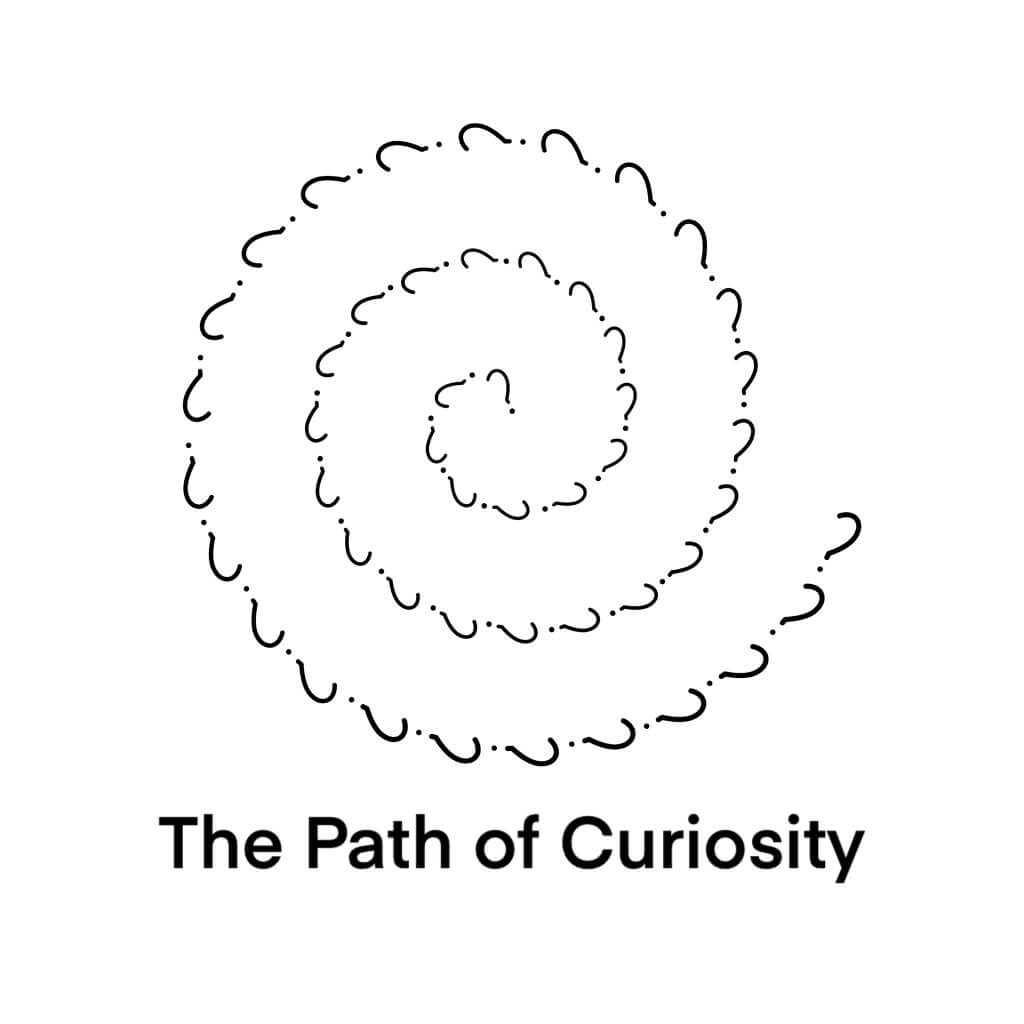There’s a genre of blog posts that many of my blog posts fall into: what I call the “informational blog post.”
Not all of my writing falls into this category. I also write shitposts, autobiographical stories and bedtime stories. But the informational blog post is the bread and butter of my blog.
The topic? Anything I’m interested in. Fundraising. The Strategic Theory of John Boyd. The spiritual teachings of Rob Burbea. It varies pretty widely.

Whatever the topic, I try to write about what I’m curious about in a way that shares what I’ve found in a way that will be of benefit to others.
The gold standard for my informational blog posts is “write the piece I wish I’d had/read when I started being interested in the topic.”
Or, more poetically—to “leave the breadcrumbs I wish I’d found.”
This is why it makes me so, so happy to hear when people find my writing useful…. because they had the gift of reading the thing I wished I’d had when I started.
Making posts like this helps everyone.
It helps me to synthesize what I’ve learned, so that I remember it better and internalize it more deeply. And it helps the reader to discover something new—a new topic to learn about, a new skill to explore—a whole new world.
The informational blog post is not merely informational. A strong contender in the genre will also inspire the reader to be interested in the material, provide context about the topic, give actionable next steps, etc. It should feel like it has a strong personal voice, with the character and context and personality of the author shining through each word and paragraph.
Over time, I’ve found a basic formula for structuring these posts:
- Start with a story: stories inspire people, making it personal and relevant.
- Relevant context: frame the relevant context in an approachable and interesting way—like a Wikipedia or encyclopedia article, but more personable and friendly, opinionated.
- Give specifics: include specific things to try, starting routines, exercises, etc.
- Curate further resources: make a list of recommended reading or other resources, pointing the reader to places they can turn to for more information should they wish to continue their journey exploring the topic.
- End with love: it turns out a little loving kindness is a good way to conclude a blog post. Here’s how I concluded my Fundraising post:

I want my writing to benefit as many people as possible, as deeply as possible. Making my blog posts freely accessible and Creative Commons-licensed helps me to do that practically.
U might also enjoy reading my book on curiosity and learning, The Path of Curiosity.

